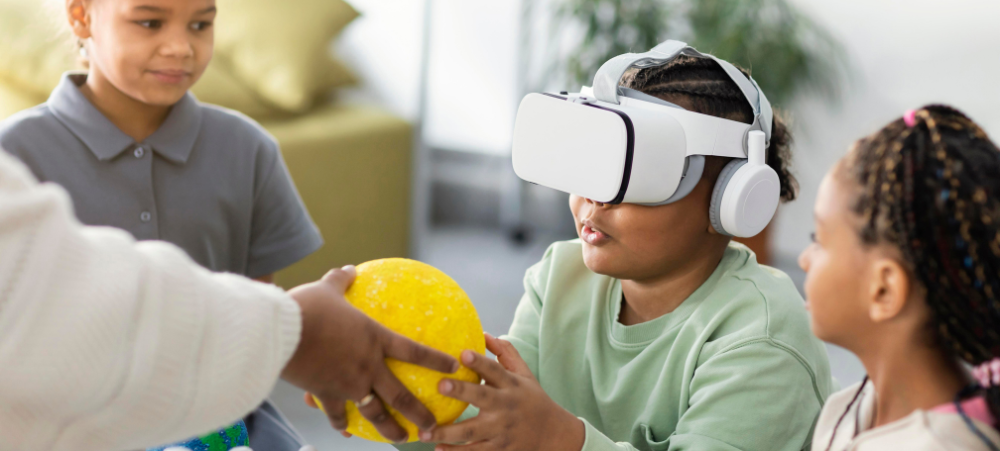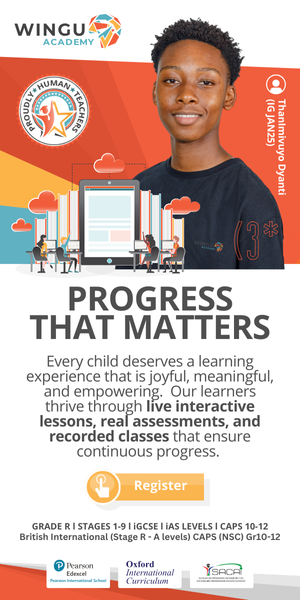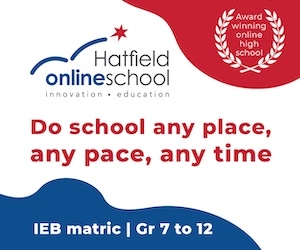
Why Data Science is the Career of the Future and How Wingu Academy is Leading the Way
Data science is not just a field of study; it’s a gateway to countless career opportunities. As businesses increasingly rely on data to drive their strategies, the demand for skilled data scientists is skyrocketing. At Wingu Academy, we’re at the forefront of this revolution, offering online data science programs that prepare students for the careers of tomorrow. The Growing Demand for Data Science In an era where data is ubiquitous, the ability to analyse and interpret it has become a vital skill. From healthcare and finance to marketing and technology, data-driven decision-making is revolutionising industries. The need for data science professionals is not just a passing trend but a significant shift towards a future where data literacy is indispensable. For forward-thinking individuals, mastering data science offers a strategic advantage and opens up a world of career opportunities. Wingu Academy’s Unique Approach At Wingu Academy, we recognize that a successful career in data science requires more than theoretical knowledge. Our online programs are meticulously designed to bridge the gap between classroom learning and real-world application. These programs often include coursework in several core areas: Mathematics and Statistics: These are foundational to data science. Mathematics provides the tools for developing algorithms and models, while statistics is essential for understanding data distributions, inferential techniques, hypothesis testing, and predictive modelling. Programming and Coding: Proficiency in programming languages like Python or R is crucial. These skills enable students to manipulate data, implement algorithms, and build machine learning models. Courses in coding and web development directly support these competencies. Data Management and Engineering: This involves learning how to store, manage, and retrieve data efficiently. Subjects like computer science contribute significantly here, offering insights into databases, cloud computing, and data pipelines. Machine Learning and Artificial Intelligence: Robotics, along with computer science, provides the underpinnings for understanding machine learning techniques, which are key to building predictive models and automating data analysis tasks. Data Visualization and Communication: Effective data scientists need to present their findings clearly and persuasively. Web development and coding are relevant here, as they enable the creation of interactive data visualisations and dashboards. Domain-Specific Knowledge: Understanding the application of data science in various fields is critical. Global perspectives and science subjects foster the ability to apply data science tools within specific contexts, such as environmental science, economics, or health care. Ethics and Social Impact: Understanding the ethical implications of data use and the social impact of data-driven decisions is increasingly important. Global perspectives can help students consider these dimensions. Interactive Learning and Industry-Relevant Projects Interactive learning and industry-relevant projects are essential in online data science programs, connecting theory with practical application. Through hands-on activities, students apply mathematics, statistics, and computer science to real-world data problems using coding platforms and visualisation tools. Industry projects allow learners to tackle actual challenges faced by organisations, gaining experience with machine learning and data engineering in real-world contexts. This approach ensures that graduates are well-prepared with the skills and practical knowledge needed in the data-driven industry. Career Support and Career Readiness Wingu Academy offers comprehensive career support by providing subject choice webinars and other resources that guide students in aligning their academic interests with potential career paths. These webinars feature insights from industry professionals and educators, helping students understand the relevance of various subjects, such as mathematics, computer science, and coding, in different career fields like data science, engineering, and technology. Through personalised guidance, students can make informed decisions about their subject selections, ensuring they build the necessary skills and knowledge for their desired careers. Additionally, Wingu Academy’s ongoing support helps students stay updated on industry trends and emerging opportunities, further enhancing their career readiness. Event Highlight: Important Webinar for iGCSE & AS Subject Choices Attention all Wingu Academy students and parents! Join us on 5 September 2024 from 17:30 to 18:30 for an informative session on IGCSE and AS subject choices and requirements. What Will be Covered: Subject choices and requirements for IGCSE and AS Career possibilities based on selected subjects University exemption requirements This session is crucial for students in Stage 9 and iGCSE to ensure they are well-informed about the expectations and options available at these levels. We’ll also have a Q&A segment to address any uncertainties. RSVP here: https://docs.google.com/forms/d/1MuaHv0N8Jki1HCM2y0zszhYyctH9Z9jso2CZ4bg3B2Q/edit “The future depends on what you do today.” – Mahatma Gandhi









































